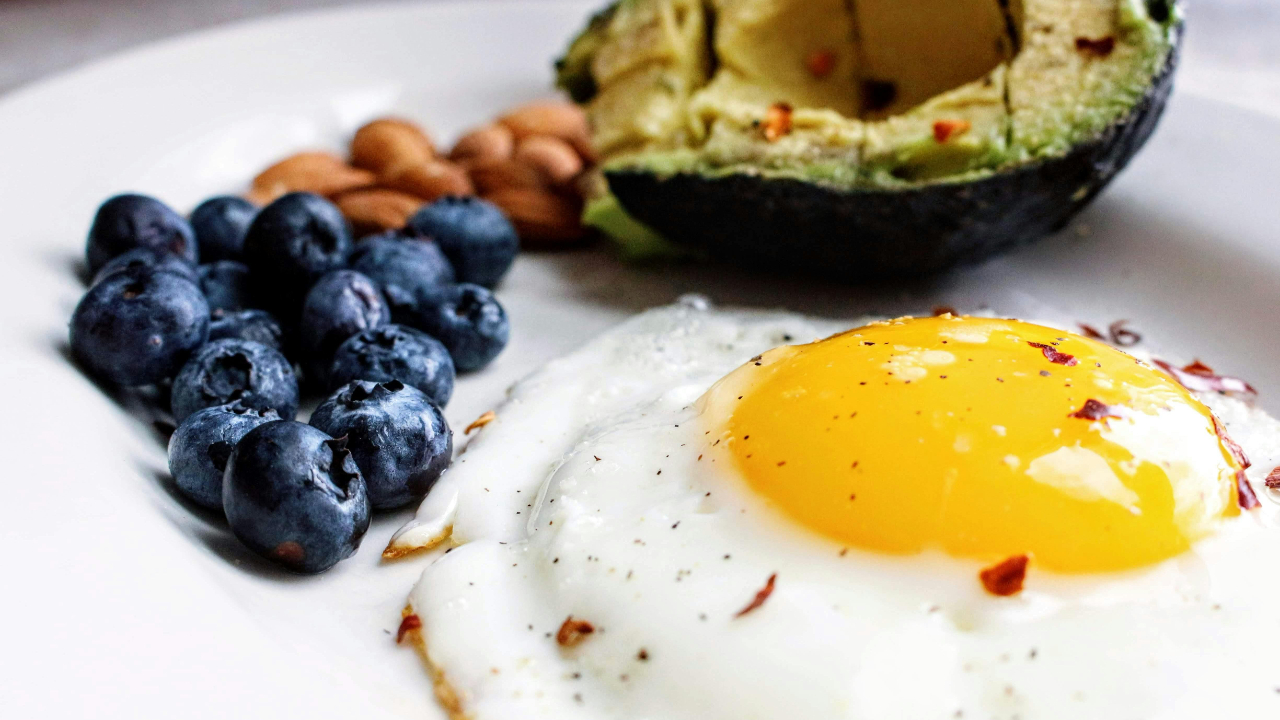Carbohydrates as an Ergogenic Aid
Jul 18, 2023
Carbohydrates provide energy during exercise. We all know that but recently, there has been some interesting research that is trying to push the envelope of consuming carbohydrates during exercise. This short article will give you a few updates about where we are currently with using carbohydrates as an ergogenic (performance-enhancing) aid.
There are currently two proposed mechanisms of how carbohydrates improve performance. The first is via the mouth. Say what? It is true. The first step of carbohydrate metabolism actually happens in the mouth via the enzyme salivary amylase. However, that’s not the focus on this point. Rather, when you consume carbohydrates, there are receptors in the mouth that lead to the stimulation of the central nervous system, which can have a performance-enhancing effect. This is notable and proven through research that has implemented carbohydrate “mouth rinsing” protocols. What is mouth rinsing you ask? Mouth rinsing is where you take a few gulps of a sugary, carbohydrate drink and swish it in your mouth for a few seconds then spit it out. The drink does not follow the typical digestive process but instead, activates those receptors that boost the central nervous system. It’s fascinating research and I have used it with some athletes during training or competition if they have very sensitive stomachs and cannot consume many carbohydrates during. However, not being a dental professional. I will not comment on the possible effects on oral hygiene. That’s a decision for you to make!
The second mechanism is the more common one that we all know - consuming carbohydrates will provide the body with energy, or ATP. While this is not new information, I did want to highlight where the current research is on this point. For years, the carbohydrate intake goal ranged from 30-60 grams per hour. Then new research came out a few years ago that showed a positive performance benefit if the range increased up to 90 grams per hour. Now, there is even newer research pushing the 120 gram threshold per hour. You may be thinking how in the heck can you eat 120 grams (480 calories) of carbohydrate per hour and I share this thought with you. Now that I have teed this up for your reading pleasure, let me highlight a few of my thoughts on this topic to make it more digestible:
-
Yes, the body does need carbohydrates during exercise but not all of the time. I have proven, through my Metabolic Efficiency Training concept, that you can teach your body to use stored fat at higher intensities of exercise. Interested in learning more about this? Check out the Metabolic Efficiency Training website (www.metabolicefficiency.org).
-
I’m certainly not anti-carbohydrate during exercise but because I work with many athletes who have some type of exercise-induced GI distress, I am very careful in recommending too many carbs per hour for these athletes. In this case, I have found improving their metabolic efficiency through nutrition and feeding a lower amount of carbohydrates per hour during exercise (around 20-40 grams) seems to help reduce the incidence of GI distress.
-
I have personally tried to feed 100 grams of carbohydrates per hour in multiple 2+ hour training sessions and I will tell you, it was extremely difficult. I used Maurten gels as their technology is supposed to make it easier to consume this high amount of carbohydrates and even then, I felt extremely bloated and nauseous with this high of carbohydrate feeding. Keep in mind this is N of 1 data and not everyone responds in the same manner.
-
It has been shown in research that as many as 30-50% of endurance athletes experience GI distress during exercise. If you fall into this category, it may not be the best idea to try to consume upwards of 120 grams of carbohydrate per hour as the new research is suggesting. However, if you are one of the lucky athletes and never have any GI problems during training or competition, you can certainly try to feed more carbs per hour to gain a positive performance advantage.
-
If you do try to train your gut to handle more carbohydrates during training, I would recommend you do this over an 8-12 week period by slowly increasing your hourly carbohydrates by 10 grams per week during a longer training session. This will allow your digestive system to successfully handle this increase, hopefully without any ill effects.
-
If you have a super sensitive stomach and cannot handle simple sugars or solid food during training, I would highly recommend trying any of the UCAN products. There are no simple sugars and I recommend these products to almost all of my GI challenged athletes (including myself!). HERE is a link to the UCAN website where you can receive 15% off any purchase.
To wrap it up, I think it is super exciting that research continues to push the envelope with carbohydrate feeding during exercise but I do want to be sure that you understand that the research sometimes does not apply to all of us due to the specific research protocols or methodologies chosen. Be careful when you read the headlines in media and remember, at the end of the day, we are all N of 1 experiments.
If you need some assistance figuring out your level of metabolic efficiency or have questions, please reach out to me.
SUBSCRIBE AND WE WILL DROP SOME HEALTHY INSPIRATION IN YOUR INBOX
We hate SPAM. We will never sell your information, for any reason.







